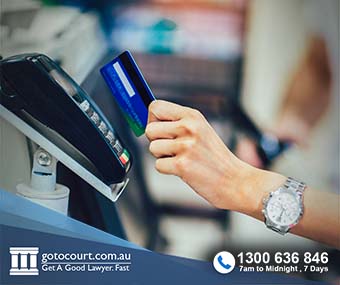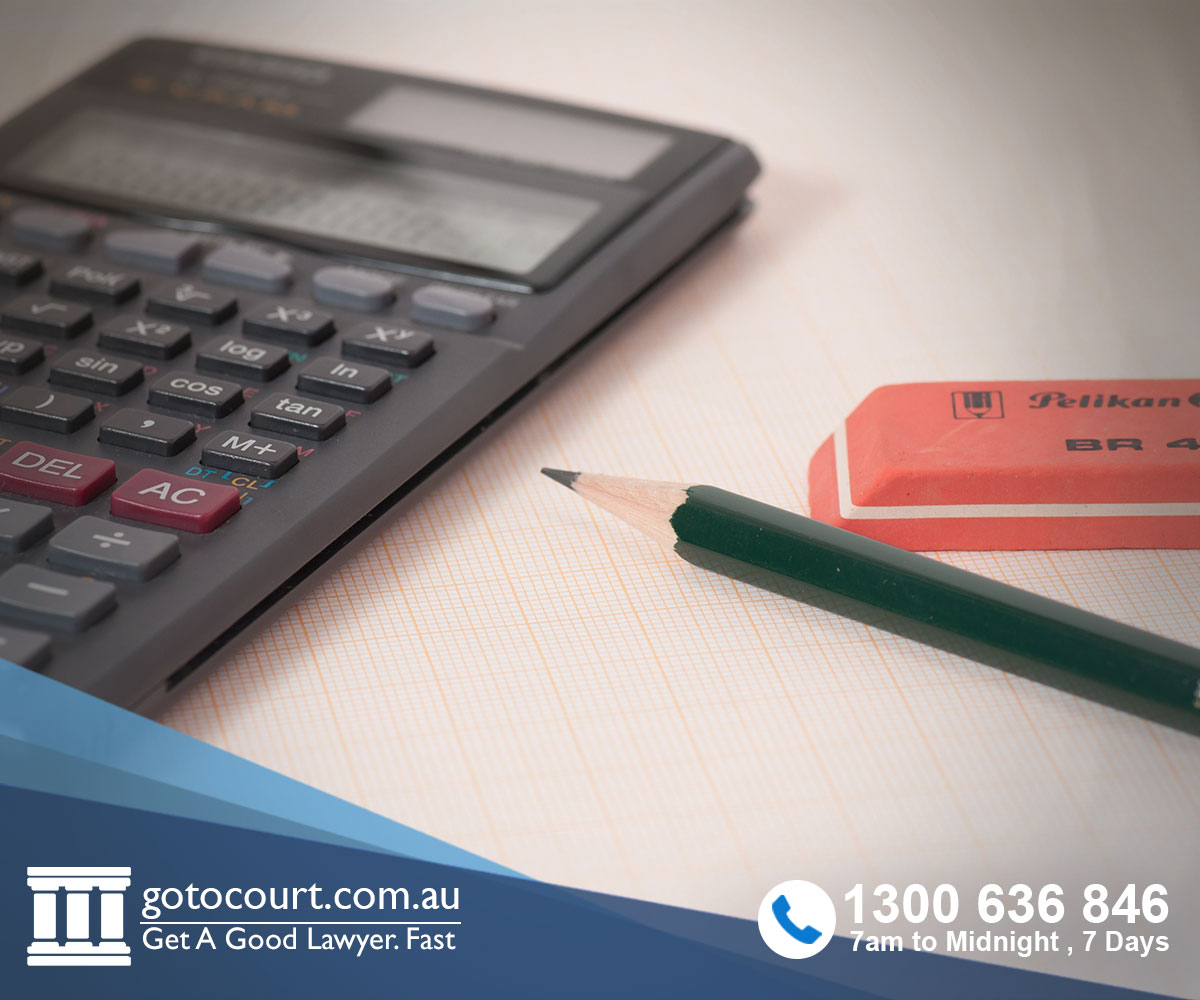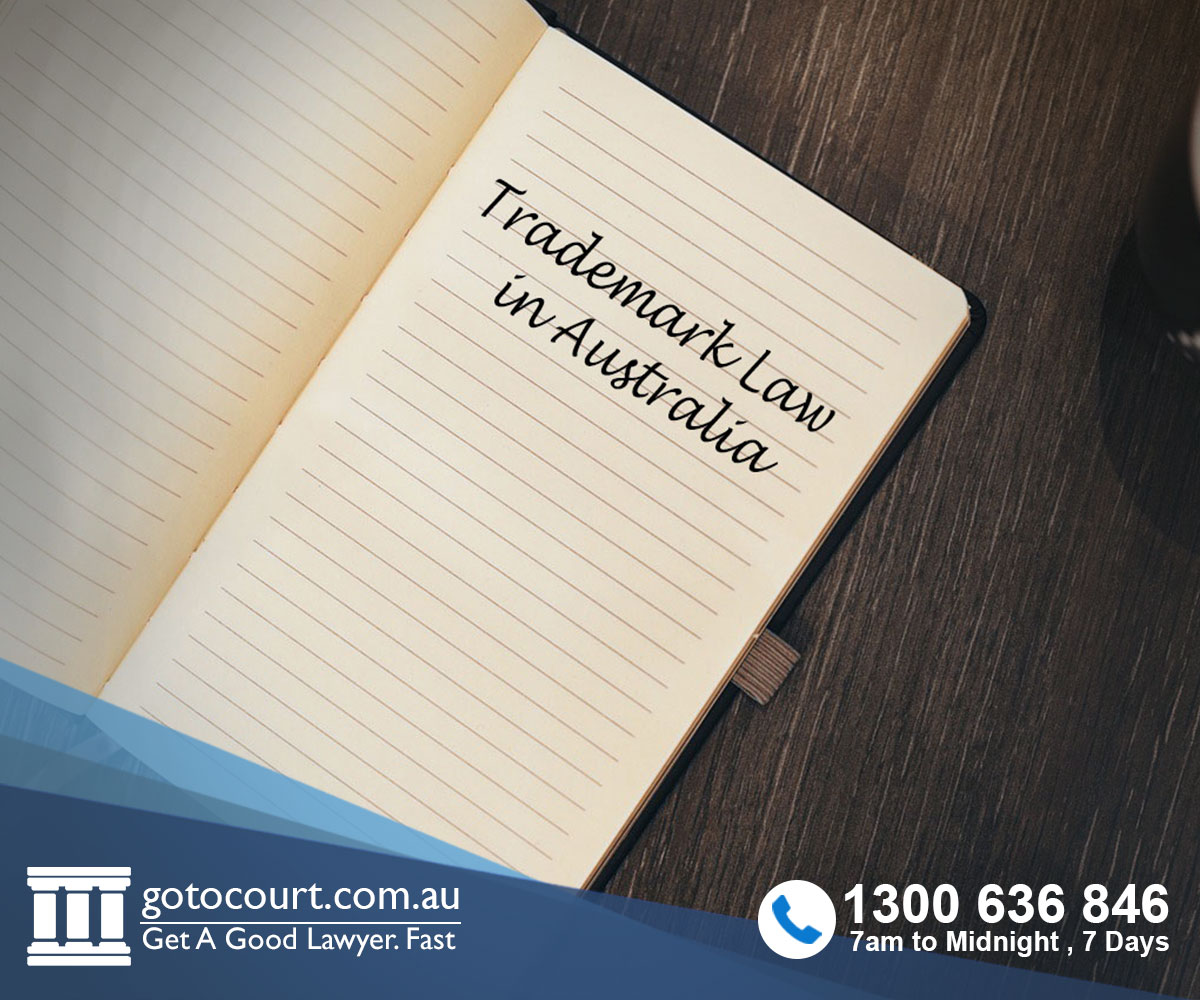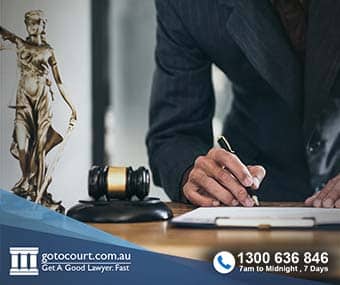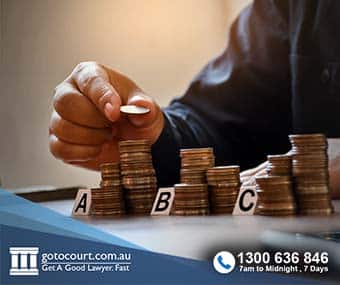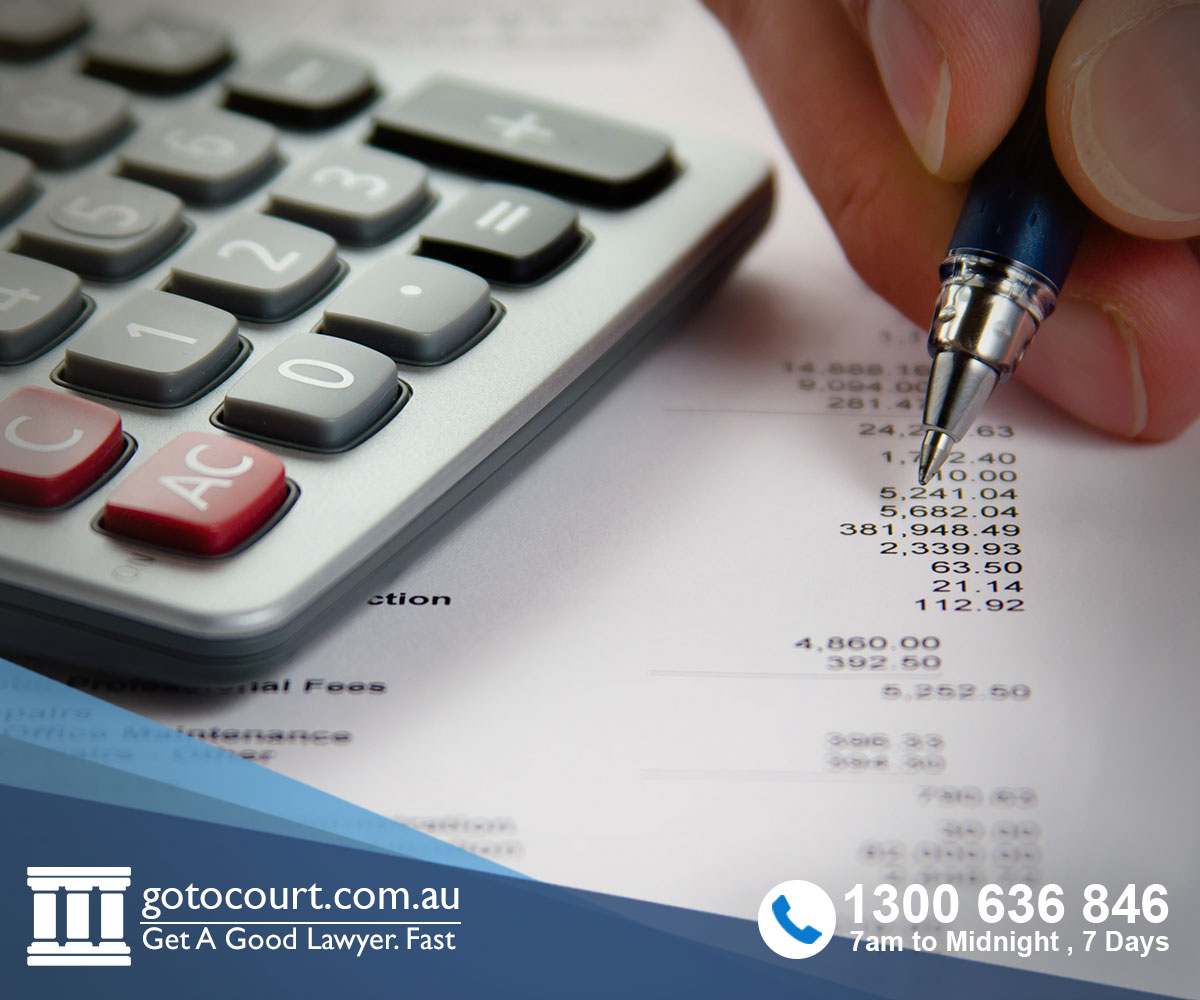Call our lawyers
now
or,
have our lawyers
call you
What Tax Deductions Can I Claim?
Updated on Jan 24, 2024 • 5 min read • 403 views • Copy Link
What Tax Deductions Can I Claim?
The term ‘tax deduction’ in Australia refers to the amount of money claimable by a taxpayer to offset the amount of tax they owe. Most deductions will relate to employment or business activity, although allowances are also made for payments or donations made to, for example, charitable organisations. Deductions that relate to business are generally allowable ‘to the extent’ that the ‘loss or outgoing’ is incurred because you are generating assessable income, or has to be incurred to carry on a business so that you can generate assessable income.
This page deals with what tax deductions can be claimed in Australia.
Legislation
Australian taxation law is set out in numerous pieces of legislation. The two main Acts which deal with claiming tax deductions are:
- the Income Tax Assessment Act 1936 (Cth) (ITAA36), and
- the Income Tax Assessment Act 1997 (Cth) (ITAA97).
The main difference between these Acts and most other pieces of legislation is that the taxation acts are written in way that might be understood by people who are not lawyers or accountants.
What is ‘assessable income’?
To calculate a person’s taxable income, the taxpayer must subtract their allowable tax deductions from their assessable income (ITAA97 s 4-15). Assessable income’ is comprised of ‘ordinary income’ and ‘statutory income’ (ITAA97 s 6-1(1)).
Ordinary income
There is no definition of ‘ordinary income’ in the Act, but it is generally taken to mean payments that most people would normally think of as income, such as salary or wages, income produced from running a business, or rent payments, interest, and dividends.
Whether a payment is ‘ordinary income’ is determined by reference to ‘the ordinary concepts and usages of mankind’ unless the legislation indicates a contrary intention. Some of the factors that are considered in determining whether an amount of money is ordinary income include:
- whether there is a connection with the taxpayer’s earning activity (from employment or business)
- whether the payment reoccurs or is a one-off payment, and
- whether it has come as a benefit to the taxpayer as ‘income’.
Generally, a taxpayer’s income will be their salary and wages derived from some sort of personal exertion or services provided, or income derived from a business operated by the taxpayer.
Statutory income
‘Statutory income’ refers to specific categories of income. These categories are set out in division 15 of the ITAA97 and include:
- allowances related to employment or services;
- payments for returning to work;
- transfer payments for accrued leave;
- bounties or subsidies;
- profit-making undertakings or loans;
- royalties, or payments to a society which collects copyright;
- payments received for repairs under a lease obligation;
- insurance or indemnity payments relating to the loss of assessable income;
- interest accrued on overpayments or early payments of tax;
- the provision of mining, quarrying and other related information;
- amounts paid under forestry agreements or fores;try managed investment schemes;
- amounts paid for work in progress;
- some amounts paid under funeral policies or scholarship plans;
- car expenses that are reimbursed; and
- bonuses received.
What tax deductions are allowable?
A deduction related to business is allowable as far as the payment or loss:
- is sufficiently related to earning assessable income, or
- had to be incurred for a business to generate assessable income.
To determine whether a payment or loss is sufficiently related to your earning, it must be:
- connected to the taxpayer’s scope of employment as an employee (the first limb), or
- a necessary expense for the taxpayer’s business (the second limb).
You cannot claim a deduction when the payment or loss is incurred for domestic purposes.
Example 1: If the taxpayer is a personal trainer, they cannot claim a magazine subscription in relation to computer hardware simply because they use a computer. The expense must be within the scope of the taxpayer’s earning activity. Here the earning activity is providing fitness training. It may, though, be possible to claim a set of weights that are used solely in providing the personal training services.
Where an expense has a dual purpose, such as if it has been incurred for the purposes of gaining assessable income AND for personal use, you can only claim the portion of the expense that relates to earning your income.
Example 2: A taxpayer travels to attend a conference related to their employment, incurring costs for travel, accommodation and food. If the taxpayer only has to attend the conference for a couple of hours each day and spends the remainder of the time sight-seeing or on personal matters, the amount that is claimed as a tax deduction will have to be apportioned appropriately to reflect the percentage of which was for employment purposes.
Are there exemptions?
Section 8.1 of the ITAA97 sets out four exemptions that will mean a payment or loss cannot be claimed as a tax deduction.
A payments or loss is not deductible where it is:
- a capital gain, or an asset which is purchased for later resale for the purposes of making a profit, such as a house
- private or domestic in nature
- incurred in gaining or producing exempt income, or
- declared to be non-deductible in the legislation.
Further information
You can find more detailed information regarding tax deductions in the Taxation Rulings of the Australian Taxation Office (ATO), under ‘ATO Rulings and Determinations (Including GST Bulletins)’.
If you require legal advice or representation in any legal matter, please contact Go To Court Lawyers.

Affordable Lawyers
Our Go To Court Lawyers will assist you in all areas of law. We specialise in providing legal advice urgently – at the time when you need it most. If you need a lawyer right now, today, we can help you – no matter where you are in Australia.How It Works







1. You speak directly to a lawyer
When you call the Go To Court Legal Hotline, you will be connected directly to a lawyer, every time.


2. Get your legal situation assessed
We determine the best way forward in your legal matter, free of charge. If you want to go ahead and book a face-to-face appointment, we will connect you with a specialist in your local area.


3. We arrange everything as needed
If you want to go ahead and book a fact-to-face appointment, we will connect you with a specialist in your local area no matter where you are and even at very short notice.



